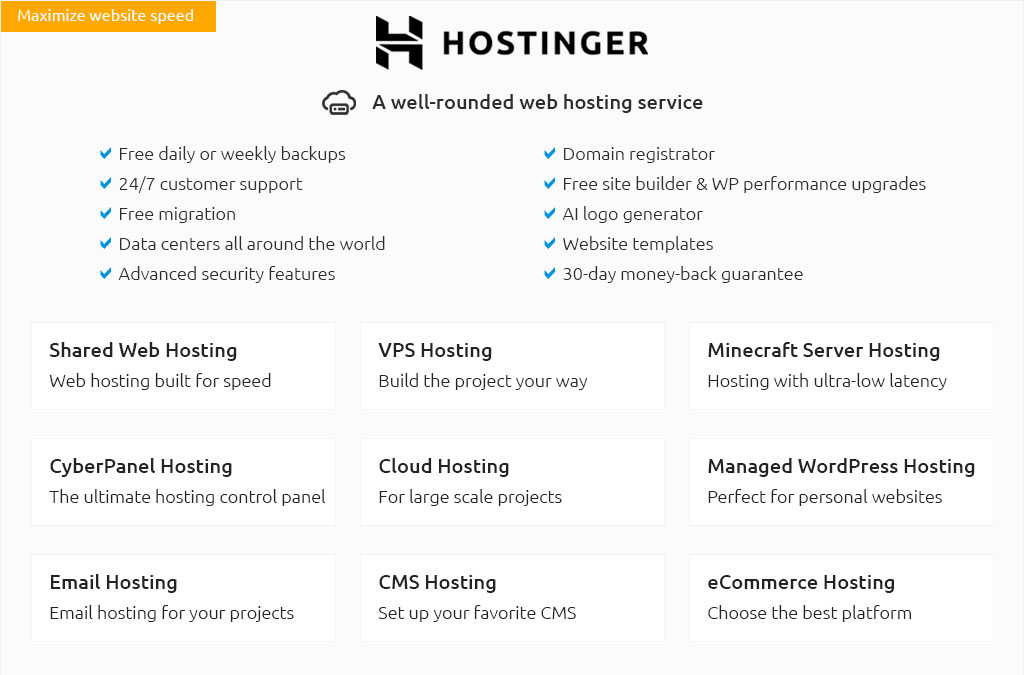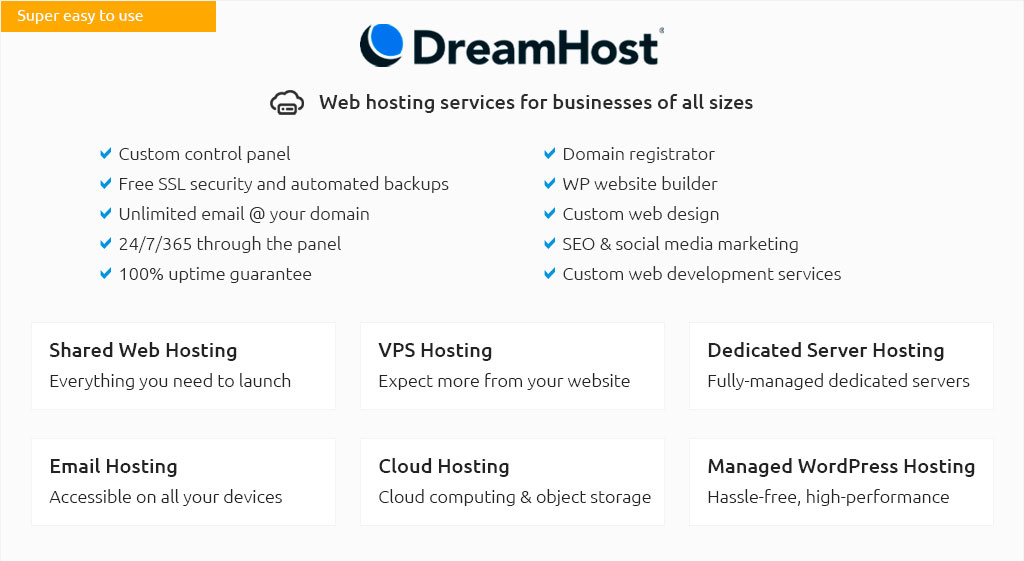 |
|||
 |
 |
 |
|
 |
|
 |
 |
 |
|||
 |
|||
 |
|||
 |
|||
 |
 |
Understanding Web Hosting Email ServicesIn the ever-evolving digital landscape, web hosting email services have become an indispensable component of any business strategy. Whether you're a small business owner or the IT manager of a large corporation, understanding the nuances of email hosting can make a significant difference in your communication efficiency and brand professionalism. At its core, email hosting is akin to a virtual post office, where your emails are stored, managed, and delivered. But the options are varied, and the choices can be overwhelming. To navigate this realm, it's crucial to explore the different facets of web hosting email services. Firstly, consider the difference between traditional web hosting services and email hosting. While web hosting primarily focuses on storing website files and making them accessible on the internet, email hosting specifically caters to managing email servers. Businesses often opt for email hosting to achieve greater control and security over their communication channels. A prime example of this is Google's G Suite, which provides a robust platform for managing emails, calendars, and documents all in one place. The integration it offers can be invaluable for businesses seeking seamless collaboration and connectivity. When deciding on a service, it's vital to weigh the features against your organization's needs. For instance, some services offer enhanced security protocols, such as end-to-end encryption, which is essential for industries handling sensitive information. Others might prioritize storage capacity or provide advanced spam filtering. A popular choice among many is Microsoft's Office 365, known for its comprehensive suite that not only includes email hosting but also a plethora of productivity tools. Its scalability and reliability make it an attractive option for businesses of all sizes.
Despite the benefits, some businesses express concerns about migrating to a new email hosting service, often citing potential downtime or data loss. However, many providers offer robust migration tools and services designed to make the transition as smooth as possible. In essence, choosing the right web hosting email service boils down to understanding your specific needs and conducting thorough research on the available options. Real-world examples show that businesses that invest in reliable email hosting solutions tend to experience improved communication efficiency, enhanced security, and greater overall satisfaction. Ultimately, the right choice can be a game-changer, positioning your business for success in the digital age. https://mail.hostinger.com/
Discover the perfect email plan for your needs and elevate your communication. Get email plan. Warning: This webmail service requires Javascript! In order ... https://privateemail.com/
Get a custom email address matching your domain with Private Email, the web-based business email hosting solution designed to meet your team's needs. https://www.dreamhost.com/products/email/
Get professional email hosting with DreamHost, featuring custom addresses at your domain, 25GB mailbox storage, and seamless syncing across all your ...
|